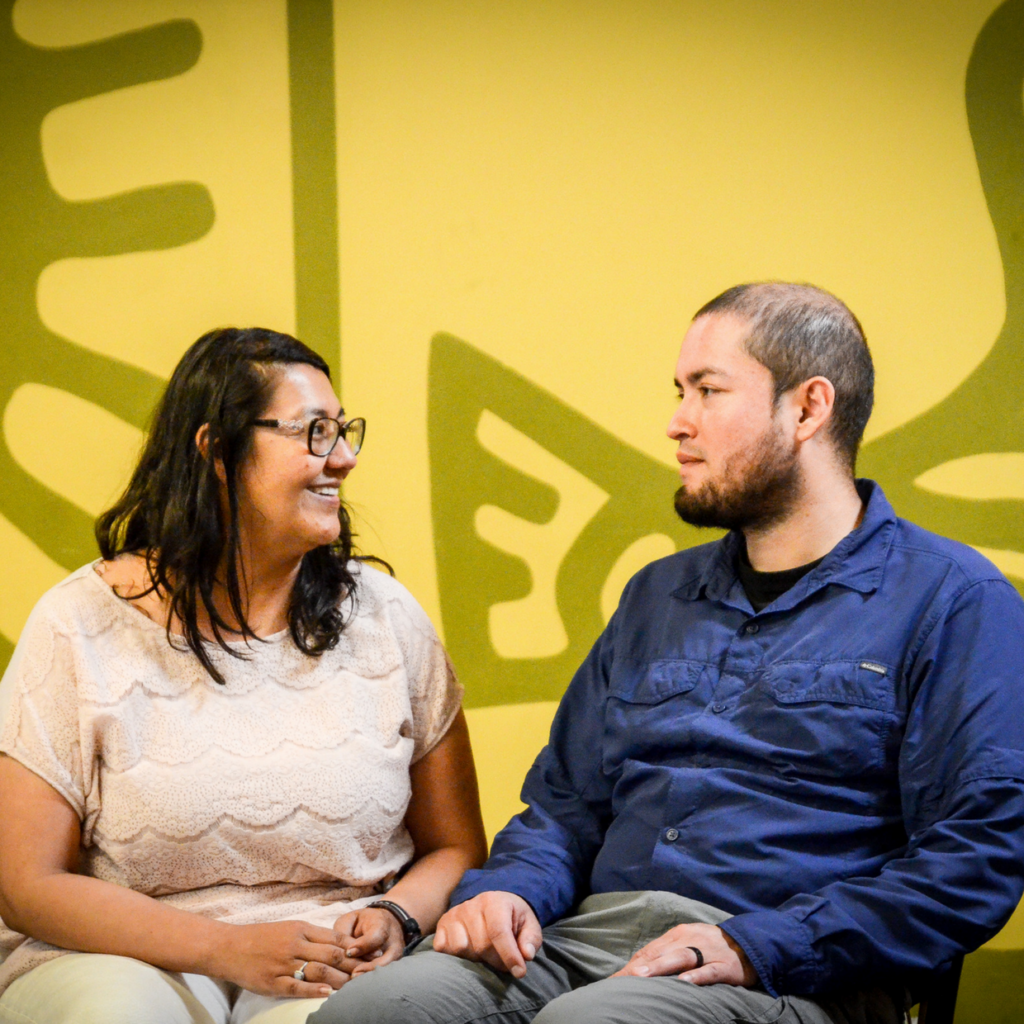This is the second post in our Perspectives series on rapid response grantmaking. Following Election Day in 2016, many members shared how they have adjusted or changed their grantmaking to provide the support that nonprofits need most. This series shares some of these stories and lessons learned.

Genesis
Solidarity MN is a coalition of Minnesota foundations inspired to act by the first Executive Order banning travel from several Muslim-majority countries. While the strategic priorities of our philanthropic partners are unique, our core value is shared: standing with immigrant and refugee neighbors at a time of unprecedented fear and uncertainty. Our communications reflect a compromise between our most progressive and conservative partners—we have worked hard to share a message of unity. Solidarity MN is not the first example of rapid-response coalition-building in Minnesota, but our work is among the most comprehensive. Since our inception, Solidarity MN has pooled nearly $1,000,000 to invest in immigrant and refugee communities across Minnesota.
Launched first as an unstructured affiliation, our foundation leaders knew that philanthropy needed to act, but were initially unsure of the best path forward. So we started working. Immigrant and refugee voices from within our foundations stepped forward with thought leadership and community engagement. Individual and organizational partners stepped forward with access to their personal and professional networks. Greater Twin Cities United Way stepped forward as the fiscal host and project coordinator. Within several weeks, our informal collaboration had organically transformed into a more coordinated working group.
Community engagement helped solidify our initial goal: rapid investment in immigrant and refugee-led work targeting statewide actors from within formal nonprofits and those operating through underground networks. We also identified a need to invest more time and money in surveying the issues and partnering with community to best allocate limited resources. To balance competing demands for rapid investment and robust community conversation, we settled on an initial round of 80 $2,500 microgrants. These grants provided immediate relief to community leaders inundated with unprecedented requests for assistance while generating rich and readily-accessible data. We leveraged microgrant learnings to inform our strategy for larger grants, including $200,000 invested in emergency aid following the recession of Deferred Action for Childhood Arrivals, and $400,000 in queue for grants we will make in early 2018.
Solidarity MN recognizes that immigrant and refugee communities affected by Islamophobia, xenophobia and racism have the wisdom and agency to shape the most effective strategies of resistance and resilience.
Process
Solidarity MN recognizes that immigrant and refugee communities affected by Islamophobia, xenophobia and racism have the wisdom and agency to shape the most effective strategies of resistance and resilience. We worked hard to ensure that our grant opportunities reach, and our investments are informed by, communities most impacted by national immigration policy change.
Strategy 1: Recognize and prioritize immigrant and refugee voice
- Engage the leadership of immigrant and refugee staff from within our coalition partners
- Hire a cultural consultant from the African immigrant community to ensure our work is informed by, and shared with, grassroots organizers and other community leaders
- Leverage lessons learned and best practices from our foundation partners (ex. listening sessions, community-informed decision-making, previous grants to immigrant and refugee-led nonprofits)
- Engage immigrant and refugee grant reviewers
- Prioritize immigrant and refugee-led grant applicants
Strategy 2: Build an accessible and transparent process
- Hire a communications firm with deep roots in the Latinx community to build a coalition communications platform and to share funding opportunities with mainstream and culturally-specific media
- Produce videos in Somali (recognizing the oral tradition of the Somali community)
- Translate grant materials into Spanish
- Reduce barriers to participation by building and implementing brief and straightforward applications with streamlined grant review and reporting
- Leverage statewide partners to ensure local voice in grant decision-making

Grantee Feedback
Feedback from our nonprofit partners reflected the significance of philanthropy unifying in support of immigrants and refugees, the importance of an accessible grant process, and the power investing in grassroots advocacy:
- Alfreda Daniels, a grassroots community organizer, used her microgrant to convene black immigrants and city police. She commented: “The grant helped me as an individual do the work I have always done in my community. Most importantly, I felt my work along with other organizers is finally being recognized.”
- discapacitados abriéndose caminos, a Latinx-specific disability rights organization, used their microgrant to pilot an innovative disability/immigration-law partnership. They commented: "Microgrants for us are an avenue for rapid information transfer from street level work to the Solidarity MN partnership of larger funders. Solidarity MN has done an outstanding job of reaching out to immigrant entities who are new to grant seeking. Hats off! Finally, Solidarity MN has let the immigrant communities know that their urgencies are not going unnoticed."
- Joyce Preschool, a Spanish-English immersion preschool, used their microgrant to host a community connections night. They commented: “Again, we would like to underscore how much we appreciated the quick turnaround, simple and straightforward application process, and general accessibility of this microgrant. It allowed us to add something new to our offerings for families without creating a drain on staff or finances, and it allowed us to act quickly and visibly in a climate where policy changes for immigrant families are happening abruptly.”
We welcome the opportunity to share our model with others interested in community-led, rapid-response grantmaking; we invite you to join us in Solidarity.

